ATENOLOL - ORAL
PHONETIC PRONUNCIATION: (a-TEN-oh-lol)
COMMON BRAND NAME(S): Tenormin
GENERIC NAME(S): atenolol
Uses
USES: Atenolol is used with or without other medications to treat high blood pressure (hypertension). Lowering high blood pressure helps prevent strokes, heart attacks, and kidney problems. This medication is also used to treat chest pain (angina) and to improve survival after a heart attack. Atenolol belongs to a class of drugs known as beta blockers. It works by blocking the action of certain natural chemicals in your body, such as epinephrine, on the heart and blood vessels. This effect lowers the heart rate, blood pressure, and strain on the heart.
How to use ATENOLOL - ORAL
HOW TO USE: See also Warning section. Take this medication by mouth with or without food as directed by your doctor, usually 1 to 2 times daily. Apple juice and orange juice may prevent your body from fully absorbing atenolol. It is best to avoid drinking apple/orange juice within 4 hours of taking atenolol, unless your doctor or pharmacist tells you otherwise. The dosage is based on your medical condition and response to treatment. Use this medication regularly in order to get the most benefit from it. To help you remember, take it at the same time(s) each day. It is important to continue taking this medication even if you feel well. Most people with high blood pressure do not feel sick. If this product is used for chest pain, it must be taken regularly to be effective. It should not be used to treat chest pain when it occurs. Use other medications (such as nitroglycerin placed under the tongue) to relieve chest pain as directed by your doctor. It may take 1 to 2 weeks before you get the full benefit of this medication. Tell your doctor if your condition does not improve or if it worsens (for example, if your blood pressure readings remain high or increase, if your chest pain occurs more often).
Side Effects
Precautions
Interactions
Overdose
Images
Reviews
Faq for ATENOLOL - ORAL
Atenolol is a medication that belongs to a group of drugs called beta blockers. It is used to treat high blood pressure (hypertension), angina (chest pain), and to prevent heart attacks.
Atenolol works by blocking the action of certain natural chemicals in the body, such as adrenaline. This helps to lower blood pressure, reduce heart rate, and decrease the workload on the heart.
The recommended dosage of Atenolol depends on the condition being treated and individual factors. It is important to follow your doctor's instructions and take the medication exactly as prescribed.
Common side effects of Atenolol may include tiredness, dizziness, slow heart rate, cold hands and feet, and dry mouth. However, not everyone experiences these side effects. If you experience any severe or persistent side effects, contact your doctor.
Atenolol is generally not recommended during pregnancy, especially during the first trimester, as it may harm the fetus. It is important to consult with your doctor if you are pregnant or planning to become pregnant while taking Atenolol.
Atenolol may interact with other medications, including certain antidepressants, blood pressure medications, and diabetes drugs. It is important to inform your doctor about all the medications you are taking to avoid any potential interactions.
Abruptly stopping Atenolol can cause rebound high blood pressure or other serious heart problems. If you need to stop taking Atenolol, your doctor will gradually reduce the dosage over time to avoid any complications.
Atenolol should be used with caution in patients with certain medical conditions, such as asthma, diabetes, or liver disease. It is important to inform your doctor about your medical history and any existing conditions before starting Atenolol.
Atenolol can be taken with or without food. However, taking it with food may help to reduce stomach upset.
Warning
WARNING: Do not stop taking this medication without consulting your doctor. Some conditions may become worse when you suddenly stop this drug. Some people who have suddenly stopped taking similar drugs have had chest pain, heart attack, and irregular heartbeat. If your doctor decides you should no longer use this drug, he or she may direct you to gradually decrease your dose over 1 to 2 weeks. When gradually stopping this medication, it is recommended that you temporarily limit physical activity to decrease strain on the heart. Get medical help right away if you develop chest pain/tightness/pressure, chest pain spreading to the jaw/neck/arm, unusual sweating, trouble breathing, or fast/irregular heartbeat.
Disclaimer
IMPORTANT: HOW TO USE THIS INFORMATION: This is a summary and does NOT have all possible information about this product. This information does not assure that this product is safe, effective, or appropriate for you. This information is not individual medical advice and does not substitute for the advice of your health care professional. Always ask your health care professional for complete information about this product and your specific health needs.
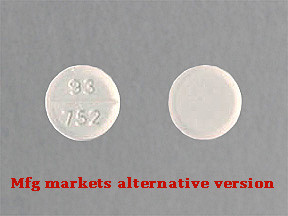
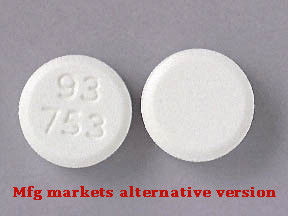
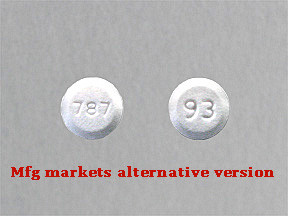
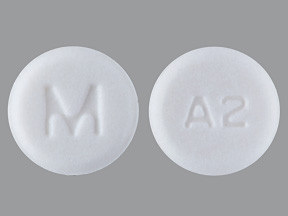
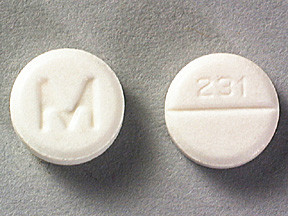
No Reviews Yet